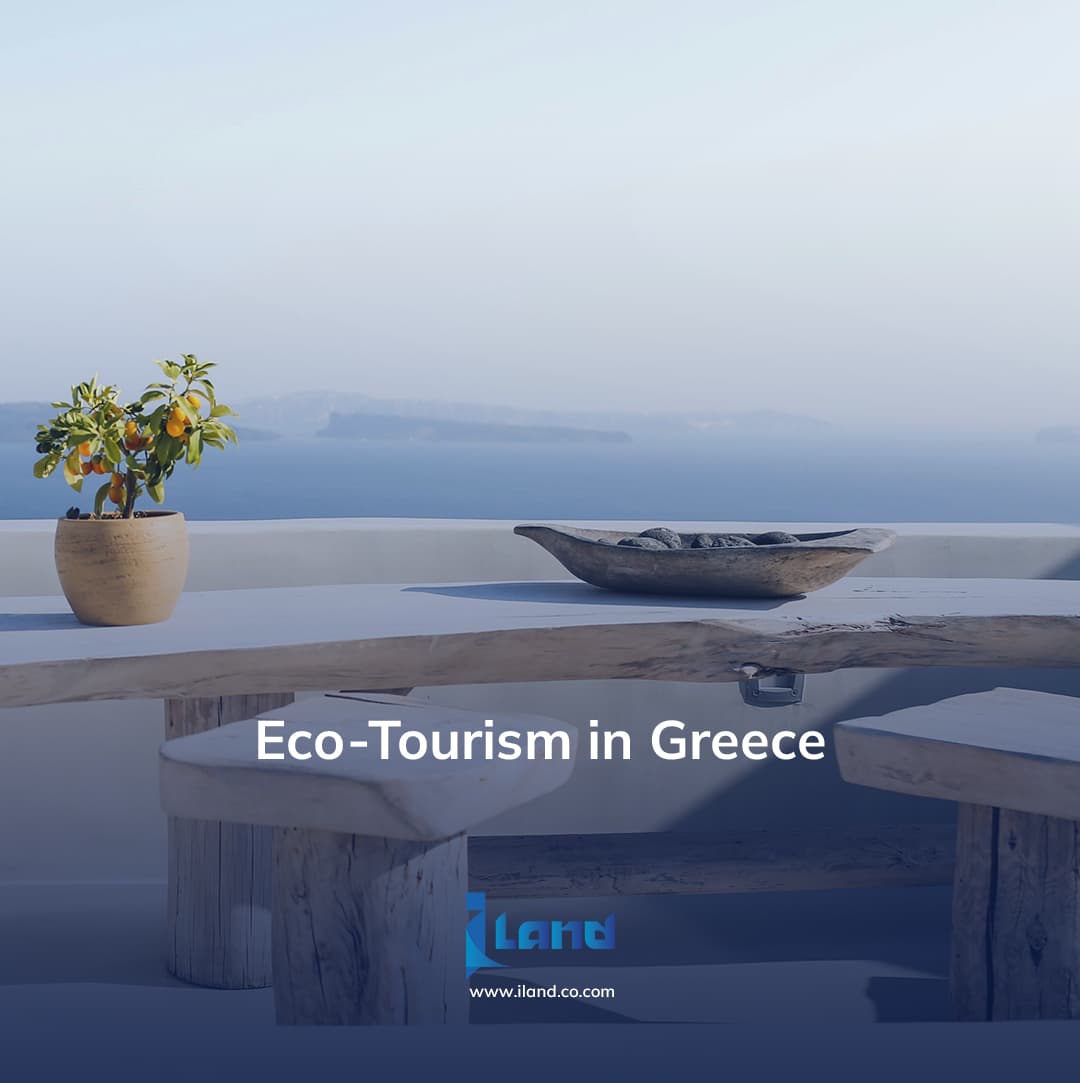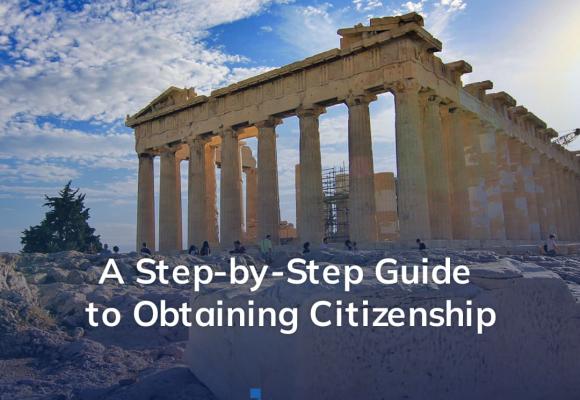Eco-Tourism in Greece

Greece, a land of timeless beauty and rich cultural heritage, is emerging as a hub for eco-tourism. With its picturesque landscapes, historical treasures, and vibrant traditions, the country offers an unparalleled experience for travelers seeking a sustainable and immersive journey. Eco-tourism in Greece not only showcases the natural and cultural wealth of the country but also supports conservation efforts and empowers local communities.
In this comprehensive guide, we explore Greece's top destinations for eco-tourism, sustainable accommodations, local conservation initiatives, and practical tips to make your travels environmentally friendly and culturally enriching.
1. What is Eco-Tourism and Why Choose Greece?
Eco-tourism revolves around responsible travel that minimizes environmental impact, supports local economies, and promotes cultural exchange. Greece stands out as an eco-tourism destination due to its diverse ecosystems, from verdant mountains to crystal-clear seas, and its commitment to sustainable tourism practices.
Choosing Greece for eco-tourism allows you to:
- Support local artisans and businesses.
- Immerse yourself in ancient traditions and modern sustainable initiatives.
- Explore breathtaking landscapes while minimizing your ecological footprint.
2. Eco-Friendly Accommodations in Greece
Accommodation plays a pivotal role in eco-tourism. Greece offers a range of eco-friendly lodging options that combine comfort with sustainability.
A. Green Hotels and Resorts
Many hotels across Greece have adopted green certifications, incorporating energy-efficient designs, renewable energy sources, and water conservation systems. Notable options include:
- Coco-Mat Eco Residences in Serifos, built using reclaimed materials.
- Aristi Mountain Resort in Zagori, committed to preserving the natural beauty of Epirus.
B. Farm Stays and Agritourism
Stay on a traditional Greek farm where you can experience organic farming, participate in harvesting, and savor freshly prepared meals. Destinations like Mani’s Organic Farmhouses offer an authentic rural experience.
3. Local Conservation Projects
Greece is home to numerous conservation initiatives aimed at protecting its rich biodiversity and cultural heritage. Engaging with these projects adds depth to your eco-tourism experience.
A. Marine Conservation
Organizations like Archipelagos Institute of Marine Conservation work tirelessly to protect Greece's marine ecosystems. Visitors can join educational programs and even participate in hands-on activities like cleaning beaches or monitoring wildlife.
B. Wildlife Protection
Explore conservation centers such as the Sea Turtle Protection Society of Greece (ARCHELON) in Zakynthos, where you can learn about and assist in protecting endangered loggerhead turtles.
4. Sustainable Travel Tips for Greece
Traveling sustainably ensures your impact on the environment is minimized while maximizing the benefits to local communities. Follow these tips:
- Choose Public Transport: Greece’s efficient buses, ferries, and trains reduce the need for private vehicles.
- Pack Light and Eco-Friendly: Bring reusable water bottles, tote bags, and biodegradable toiletries.
- Support Local Businesses: Opt for locally-owned restaurants, shops, and guides.
5. Cultural Immersion Experiences
Eco-tourism isn’t just about nature—it’s also about connecting with the culture and people of your destination. In Greece, cultural immersion experiences are abundant.
A. Traditional Greek Villages
Visit villages like Metsovo and Plaka, where life moves at a slower pace, and locals warmly welcome visitors to experience their traditions.
B. Participating in Local Festivals
Plan your visit around festivals like the Santorini International Music Festival or the Panigiri village feasts, where you can enjoy music, dance, and authentic Greek food.
6. Lesser-Known Eco-Tourism Hotspots
While Santorini and Athens attract millions of tourists annually, Greece also offers hidden gems for eco-tourists seeking tranquility and untouched beauty.
A. Zagori and Vikos Gorge
Nestled in the Epirus region, Zagori boasts stunning stone villages and Vikos Gorge, one of the deepest gorges in the world. Perfect for hiking and exploring local flora and fauna.
B. Prespa Lakes
Located near the borders of Albania and North Macedonia, the Prespa Lakes are a sanctuary for rare bird species and an ideal spot for kayaking and birdwatching.
7. The Role of Local Cuisine in Eco-Tourism
Greek cuisine is an integral part of the country’s culture and eco-tourism. By savoring locally sourced ingredients and seasonal dishes, you support sustainable agriculture while indulging in incredible flavors.
Organic Taverns and Wineries
Visit organic taverns like To Stachi in Crete for vegan and vegetarian-friendly dishes. Explore sustainable wineries in regions like Nemea and Santorini, known for their biodynamic viticulture.
8. Eco-Activities for Adventure Enthusiasts
For those seeking thrills, Greece offers plenty of eco-friendly activities that let you connect with nature while respecting the environment.
A. Hiking and Trekking
Explore trails like the Menalon Trail in Arcadia or the Samaria Gorge in Crete for breathtaking vistas and a chance to spot rare wildlife.
B. Sea Kayaking and Snorkeling
Opt for tours focused on marine preservation to explore hidden coves and vibrant underwater ecosystems without causing harm.
9. Challenges and Future of Eco-Tourism in Greece
While Greece has made significant strides in eco-tourism, challenges such as over-tourism in popular destinations and climate change persist. However, ongoing efforts by the government, NGOs, and local communities offer hope for a more sustainable future.
Key initiatives include:
- Expansion of protected areas and national parks.
- Encouraging off-season tourism to ease pressure on popular sites.
- Educating tourists on sustainable practices.
10. How to Plan Your Eco-Tourism Trip to Greece
Planning your eco-tourism adventure requires thoughtful preparation:
- Research Sustainable Destinations: Choose places with eco-friendly practices.
- Book Early: Eco-lodges and rural stays can fill up quickly.
- Learn Basic Greek Phrases: A simple “Efharisto” (thank you) goes a long way.
Conclusion
Eco-tourism in Greece is more than a travel trend—it’s a movement towards preserving the country’s natural beauty and cultural heritage for generations to come. By choosing sustainable travel, you embark on a journey that enriches not only your own experience but also the lives of local communities and the environment.
So pack your bags, embrace mindful travel, and discover the heart of Greece—where sustainability meets timeless charm.
FAQ
What are some eco-friendly accommodations in Greece?
Greece offers a variety of eco-friendly accommodations, including green hotels, farm stays, and traditional guesthouses. Some popular options include Coco-Mat Eco Residences in Serifos and Aristi Mountain Resort in Zagori.
How can I support local communities during my trip to Greece?
You can support local communities by staying in family-run guesthouses, eating at local taverns, shopping at local markets, and participating in cultural activities.
What are some must-visit eco-tourism destinations in Greece?
Some must-visit eco-tourism destinations in Greece include Zagori, the Prespa Lakes, the island of Crete, and the Peloponnese peninsula.
What are some eco-friendly activities I can do in Greece?
You can enjoy eco-friendly activities such as hiking, kayaking, snorkeling, birdwatching, and exploring traditional villages.
How can I minimize my environmental impact while traveling in Greece?
To minimize your environmental impact, choose sustainable transportation options, reduce waste, conserve water, and support local businesses.
News
Keep up with the latest updates on the industry of real estate investments.
























